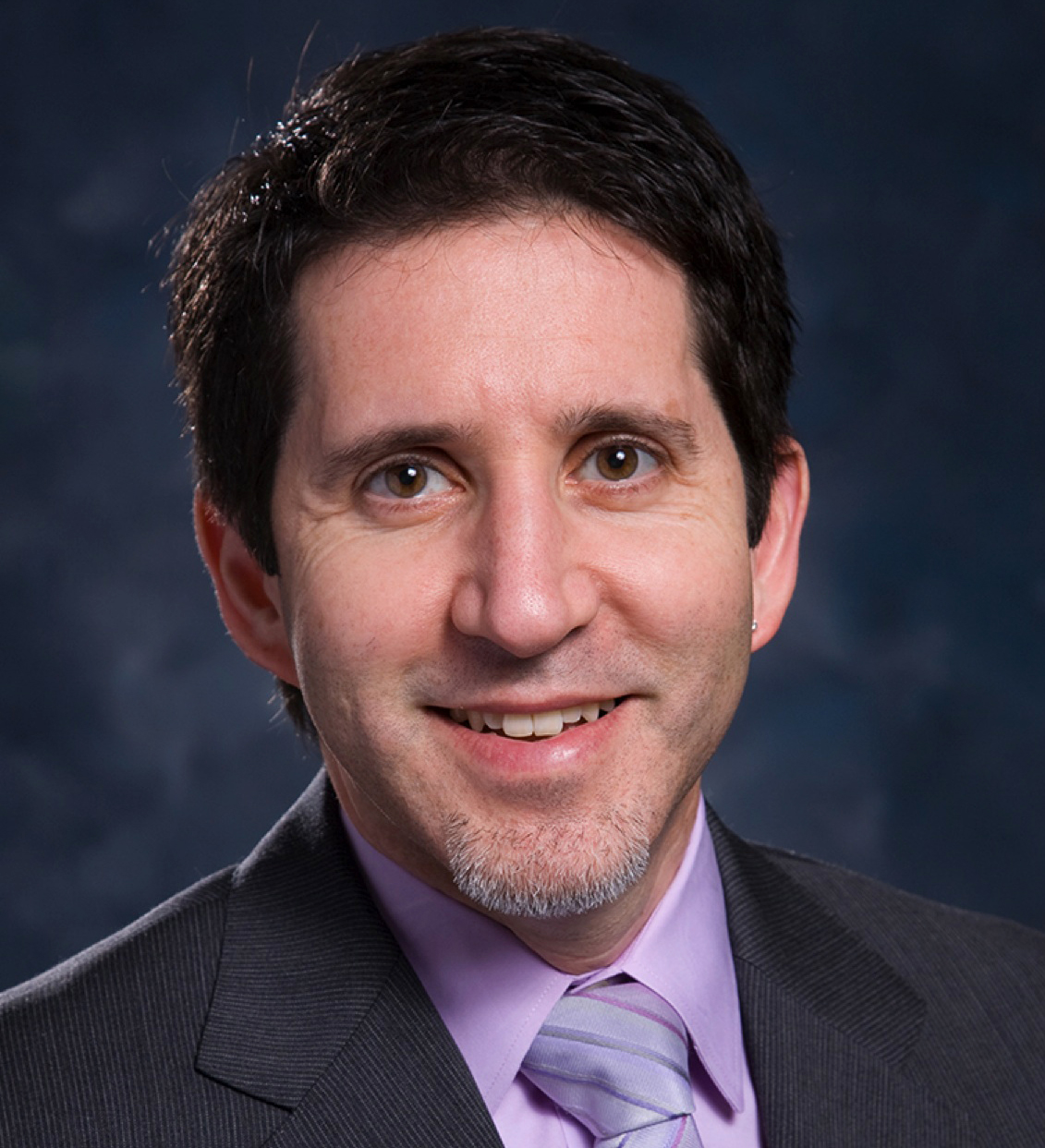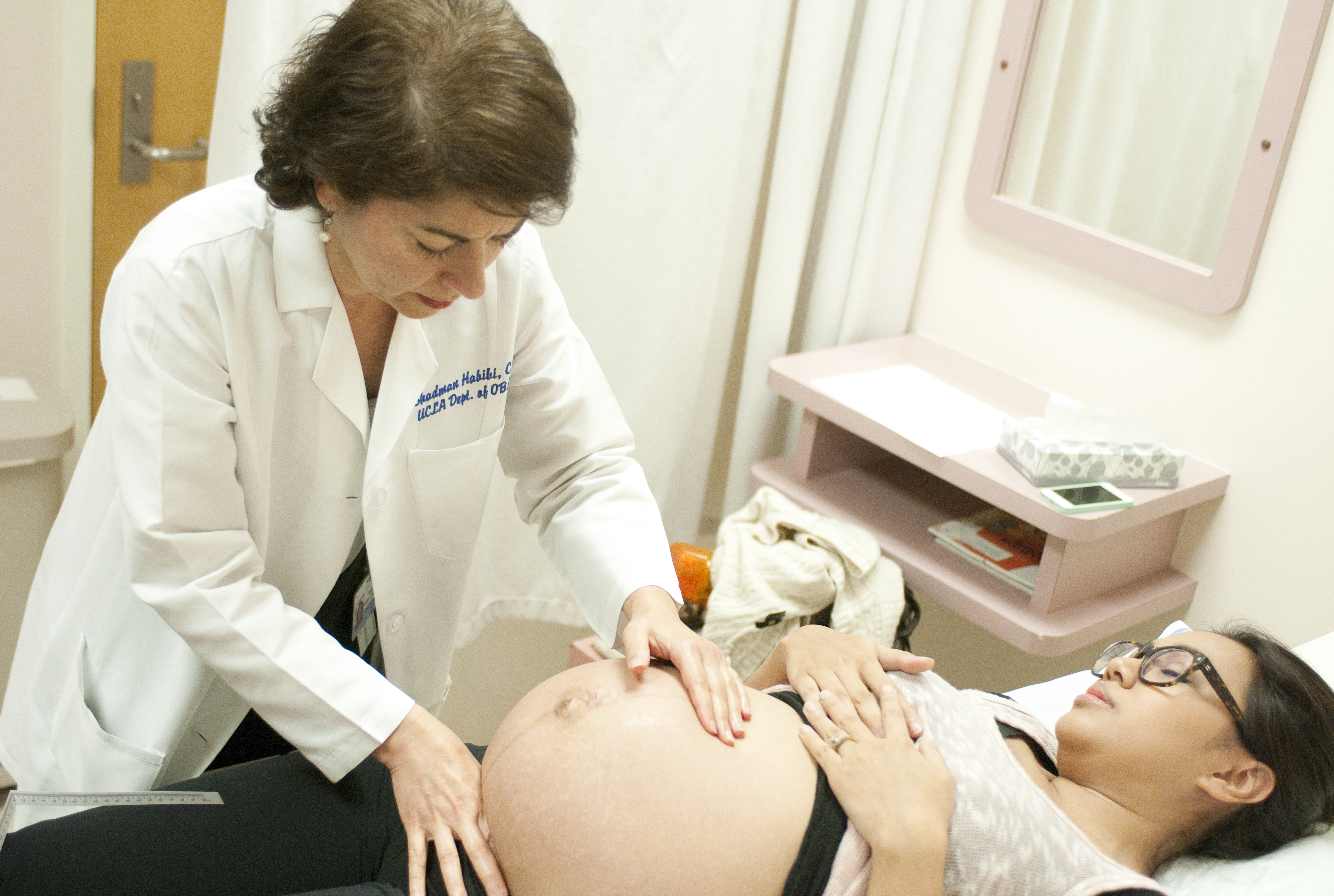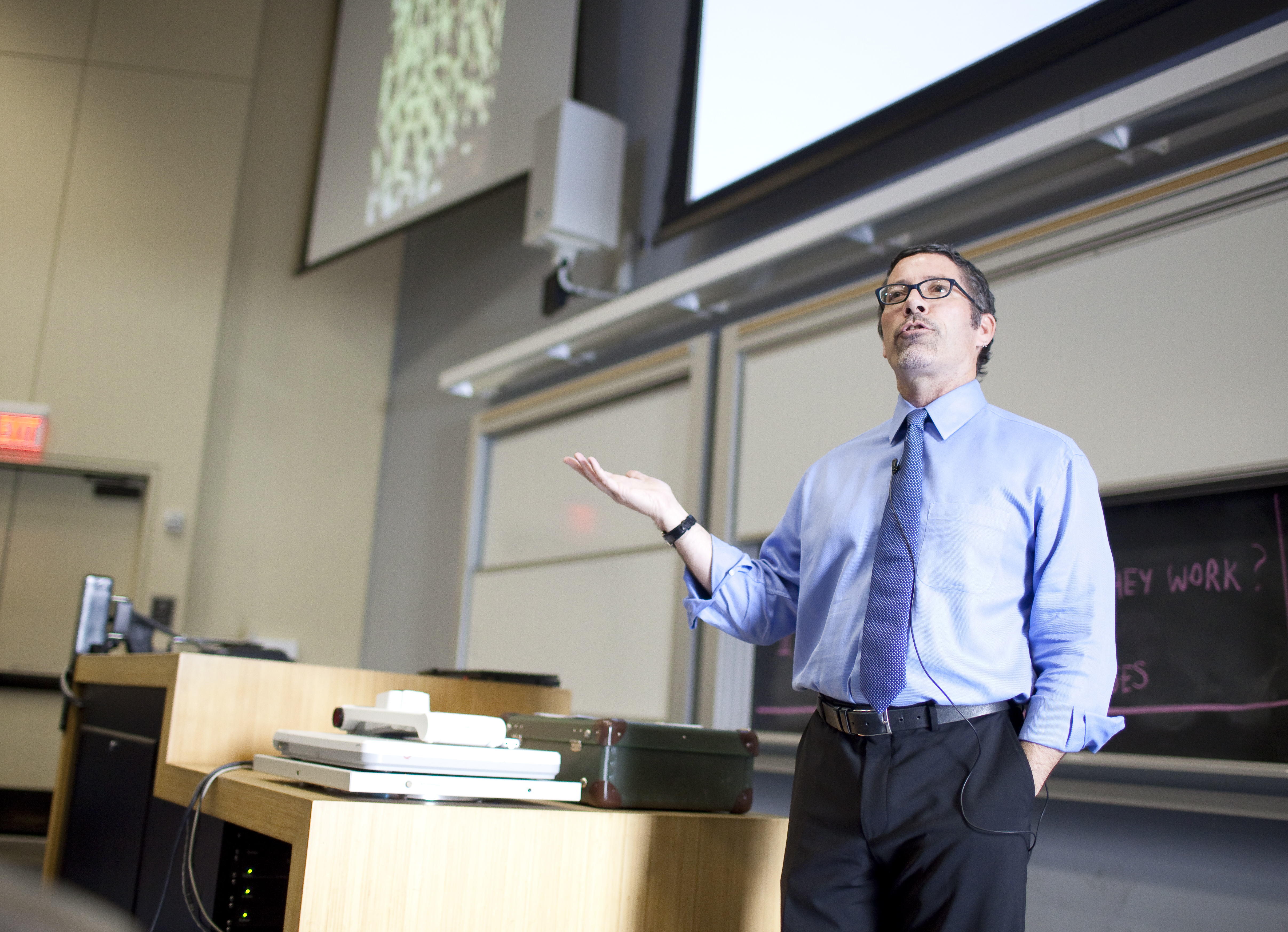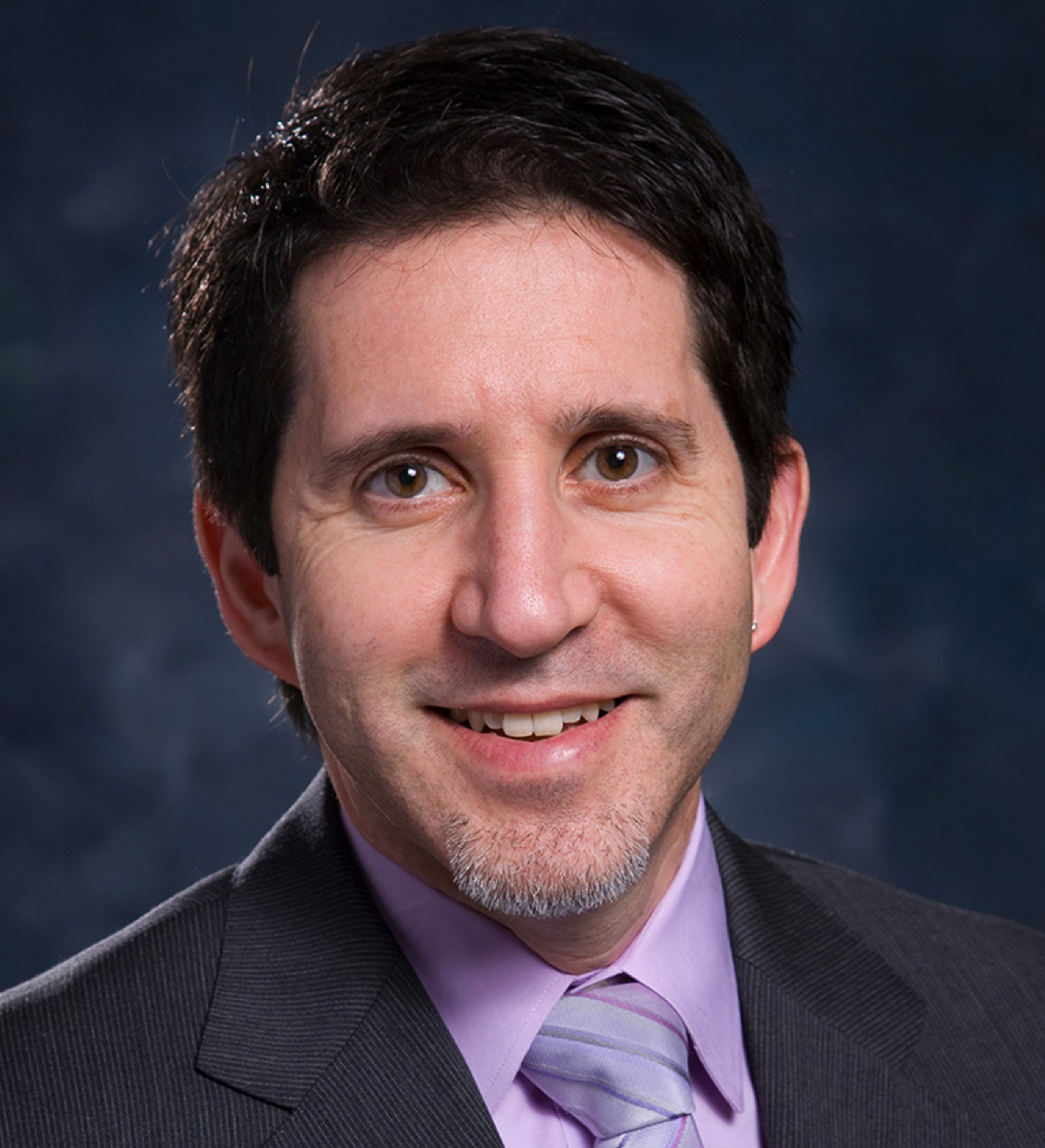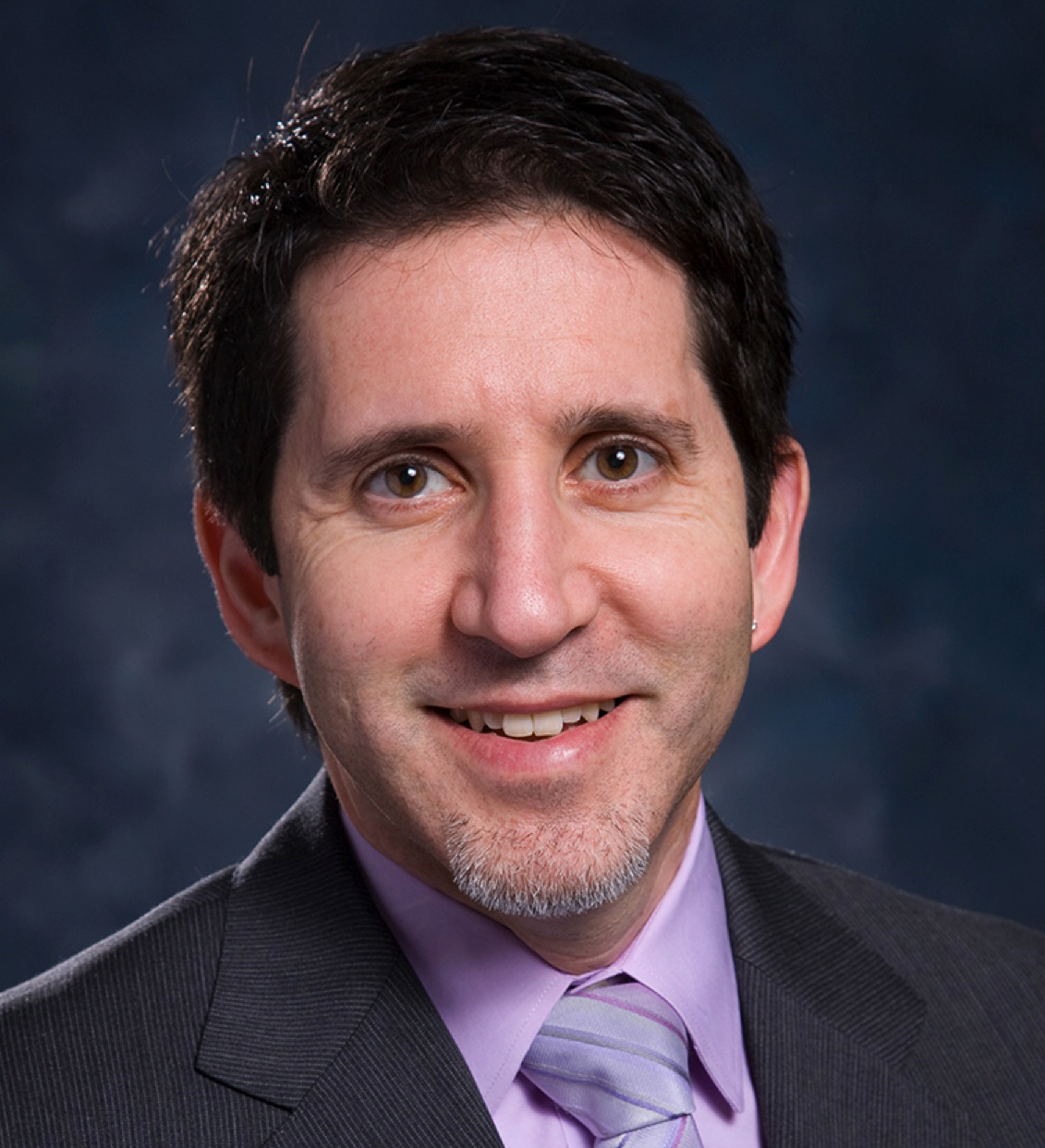Can you hear me now? No? How about now? Still no good? High frequency hearing loss, a direct result of literally being too close to whatever it is you're listening to, is the single largest contributor to a growing problem among young people. Read more...
Photo:
David Baron
